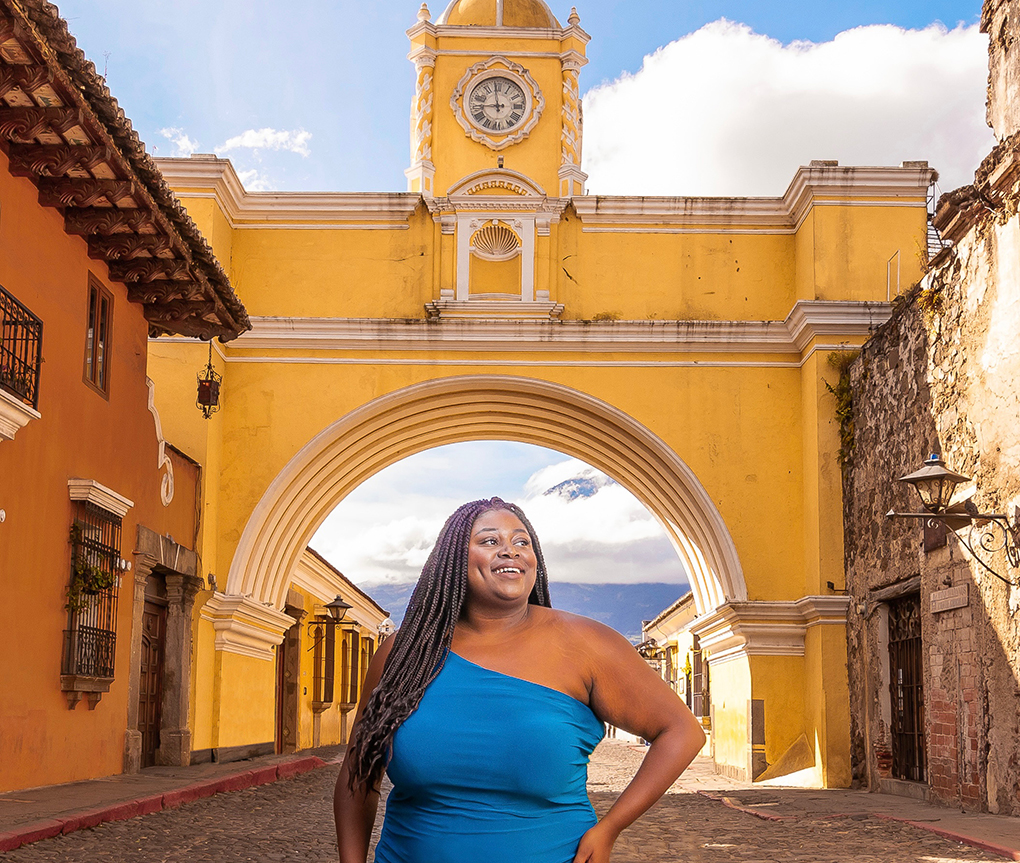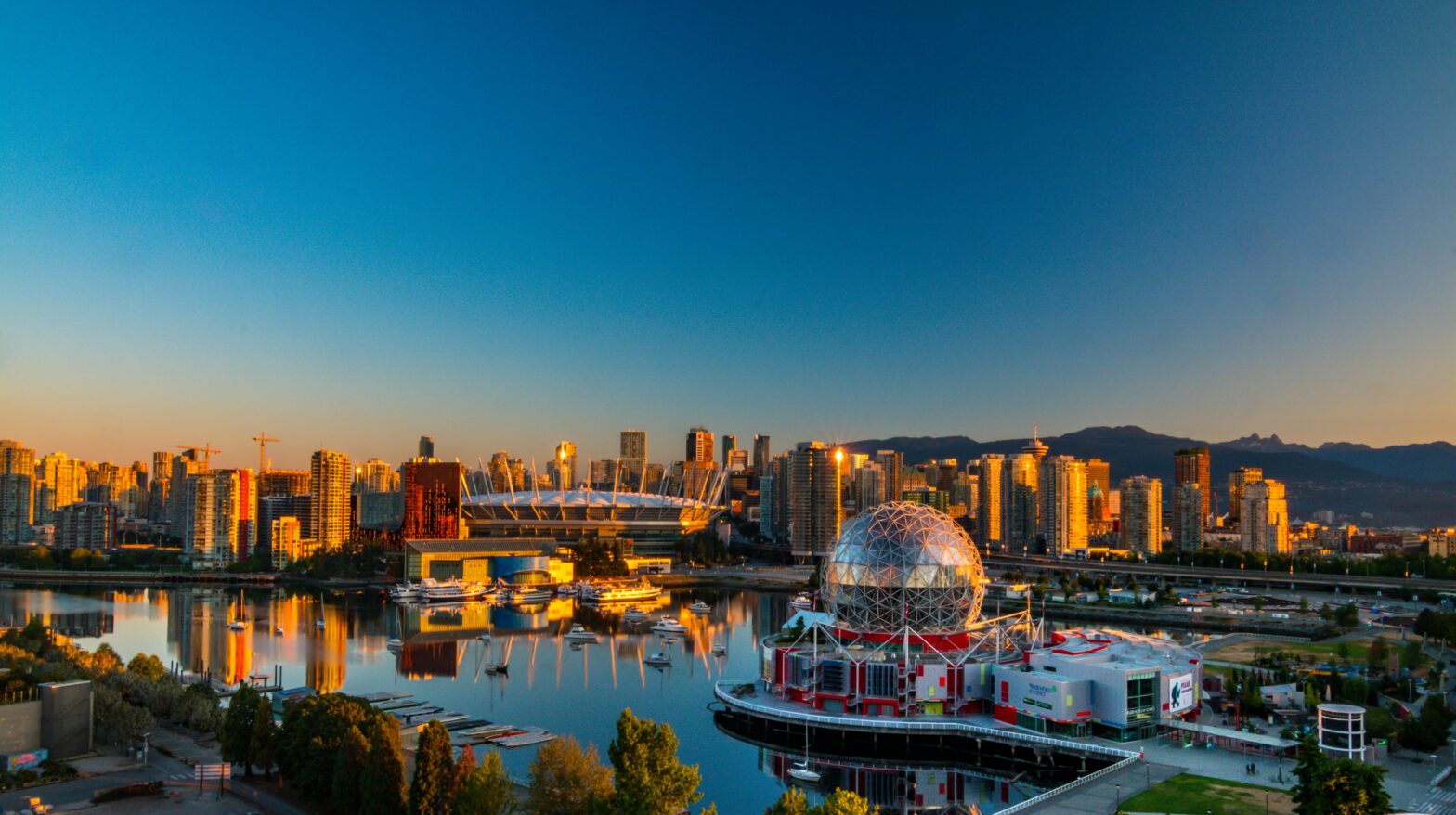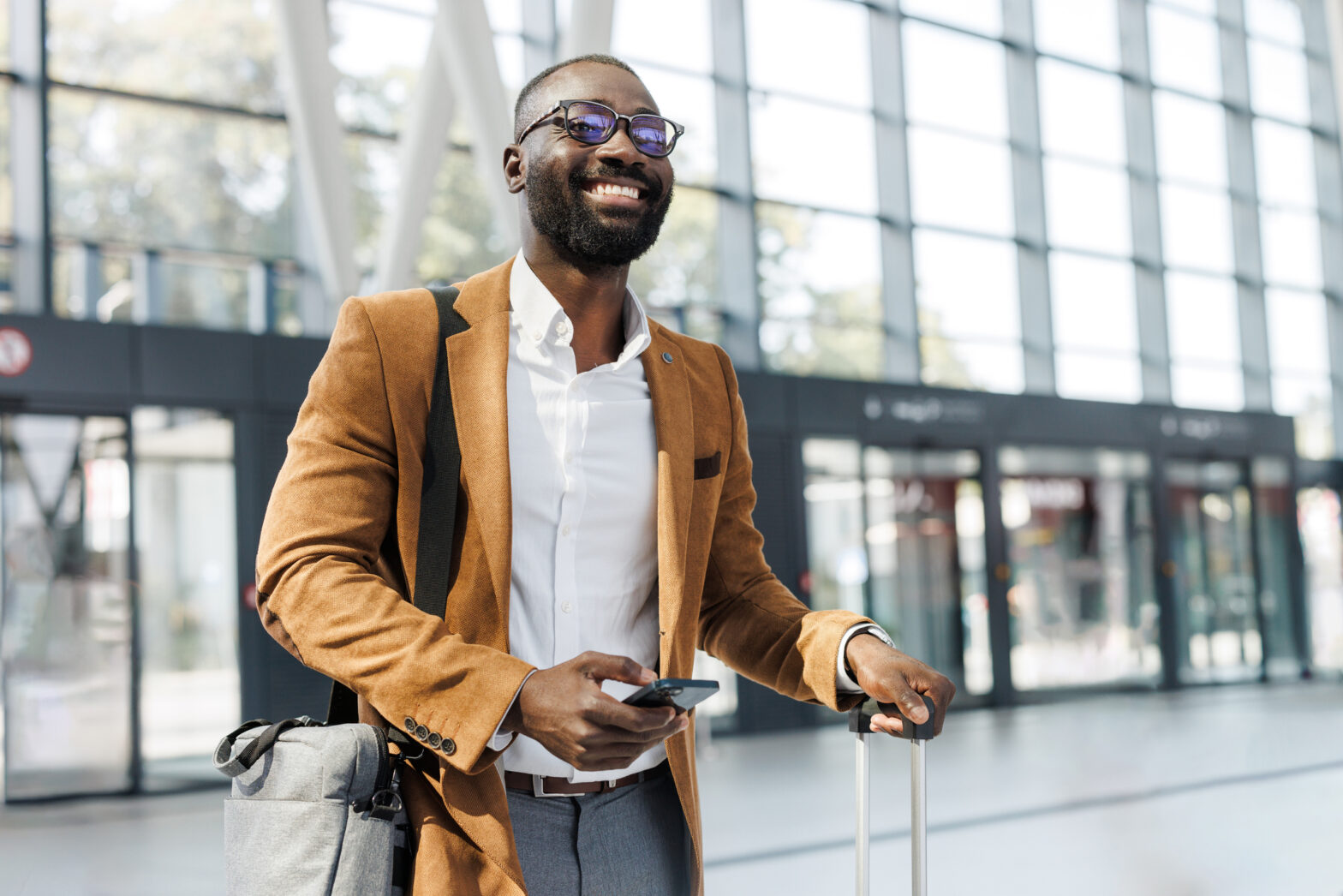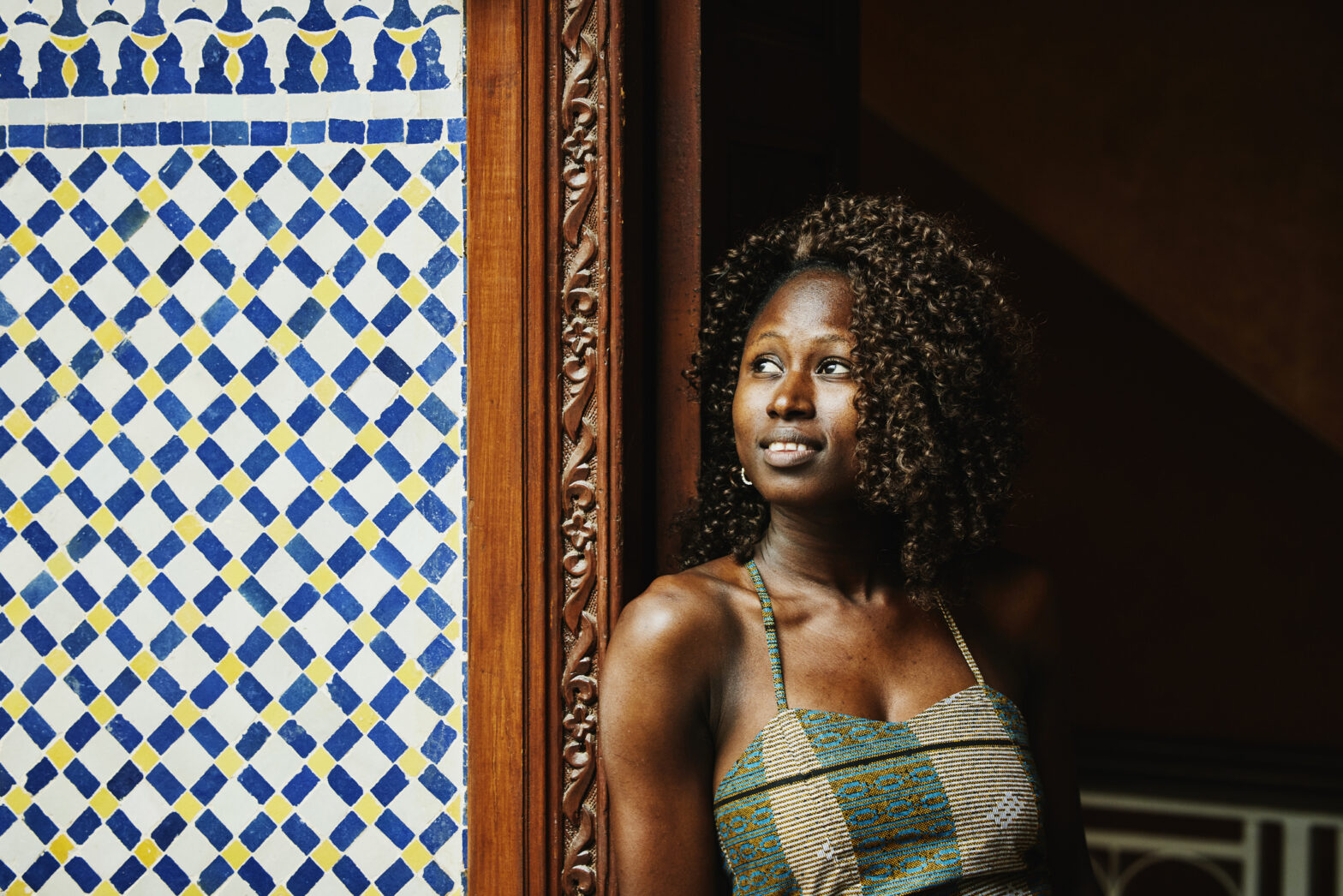NYC-based travel and lifestyle content creator Abigail Akinyemi had been excited about the opportunity to work with the tourism board of The Seychelles. They had invited her to visit and create content to promote travel to the East African island nation. Now, however, instead of encouraging others to visit, Abigail wants to share her experience to warn travelers–especially Black travelers–about the poor treatment she received there.
Abigail was in communication with the tourism board for some time prior to her trip, which took place last month. They organized and confirmed her excursions, promising that her accommodations would also be taken care of. But as her travel time neared, there was still no confirmation of her hotel having been booked.
“They were giving me the runaround…and assured me to still come, saying my accommodations would be resolved,” said Abigail. “However, after I arrived there was nowhere for me to stay, and the tourism board did not secure my hotel in time.”
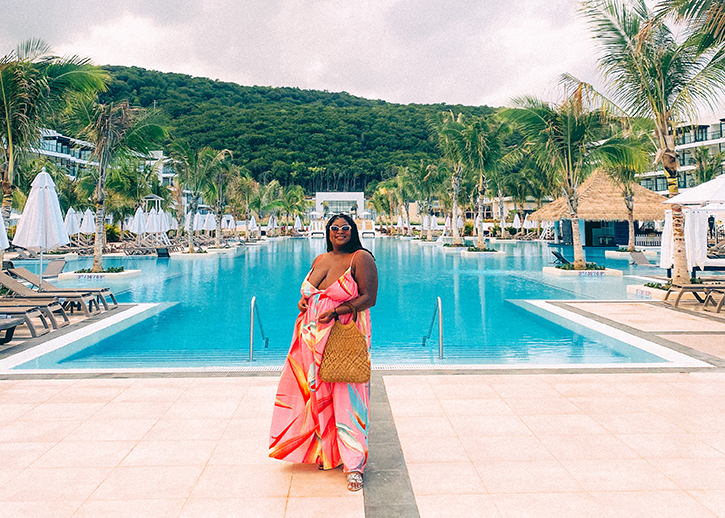
Upon her arrival in the Seychelles, Abigail found herself having to scramble to find a place to stay at the last minute. Although they had reassured her that everything would be handled by the time she got there, the tourism board never secured her accommodations.
Despite their failure to live up to their end of the agreement, the board expected Abigail to live up to hers. They insisted that she still work and deliver the agreed- upon content. Abigail cut her stay short and left the very next day. The trip turned out to be a huge disappointment in many ways.
“During my short time in the country I experienced negligence, antiblackness, and disrespect, not only from the board but also from the people, which was a huge shock.”
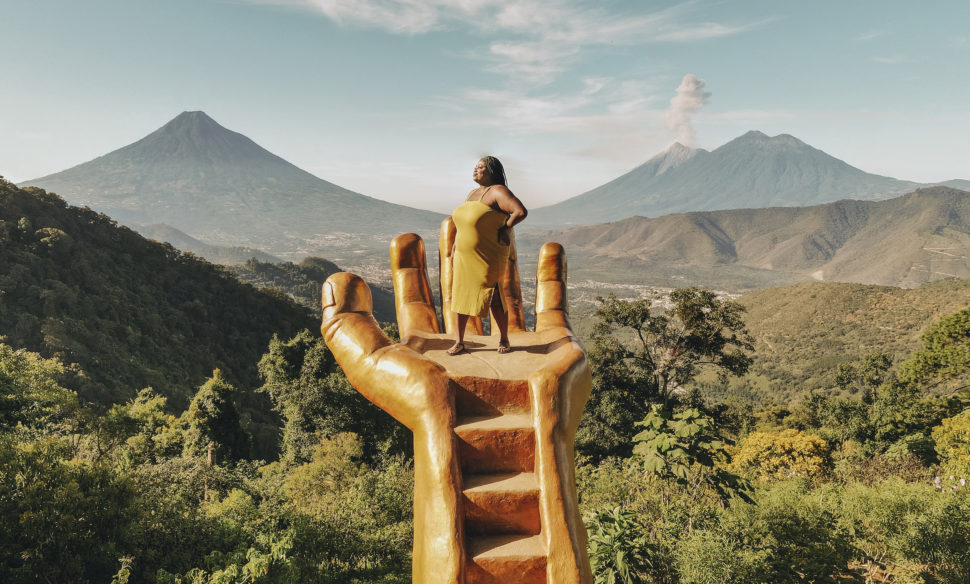
From the time she arrived in the Seychelles, Abigail was mistreated, starting with the airport staff. She immediately noticed a difference between the treatment she received and the treatment white travelers received.
“My party was brought to the side during immigration, and repeatedly questioned about what hotel we were staying at. (At this point we had booked a last-minute hotel due to the negligence of the tourism board.) After the interrogation, the officer then called our hotel to confirm we were indeed staying there. This behavior was odd, to say the least. Other people on our flight (who were white) did not have this issue. They were able to show their papers and leave immigration.”
On her way home, gate agents at the airport had a miscommunication regarding her and her travel companions’ bags. Instead of helping them, the agents laughed in their faces and joked about how they were going to miss their flight. This was in stark contrast to how Abigail saw the same agents treat white travelers with the utmost respect. She received similar rude treatment from a taxi driver, as well.
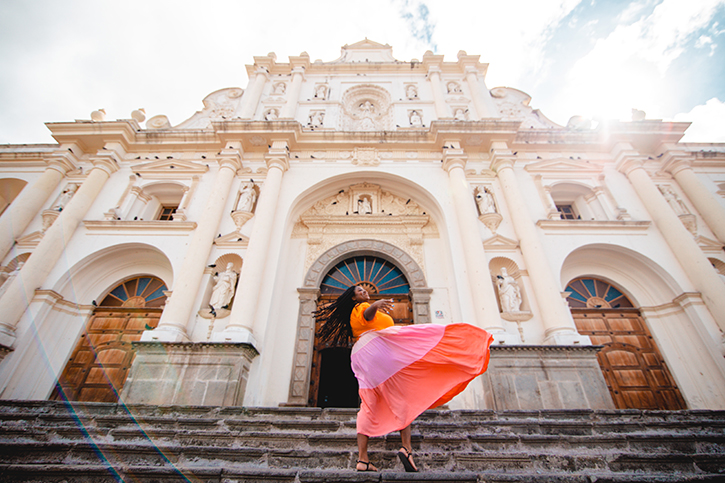
“While trying to get a taxi, the driver spoke curtly with me when I asked about the price. His quote was 50% higher then expected, and after we agreed on his high price, he slammed the door in my face.”
Abigail is sharing her story in hopes of spreading awareness about the unfortunate reality many Black travelers face, even when traveling to Black nations. She also wants to shed light on the ill treatment of Black influencers in comparison to influencers of other races when working with tourism boards.
“Many Black Americans are eager to visit African countries, yet are treated horribly when they get there. This treatment was done to me as someone coming in to promote their country; how much worse will they treat other tourists?”

Abigail believes that if she were a white influencer working with the Seychelles tourism board, they would have been more accommodating and transparent with what they could provide.
“If you check their social media/website, there are very few Black influencers. They have a history of working with content creators and hosting them in the manner they promised me, yet they did not hold up their end of the bargain when it was time to deliver.”
“If they were clear with their communication, I could’ve made prior arrangements, but they deliberately gave me the runaround, something I know they wouldn’t do with a white influencer. When the tourism board realized they were in the wrong, instead of rectifying the situation, they asked me to stay and continue to work to create content for their platform, another thing they wouldn’t try with a white influencer.”
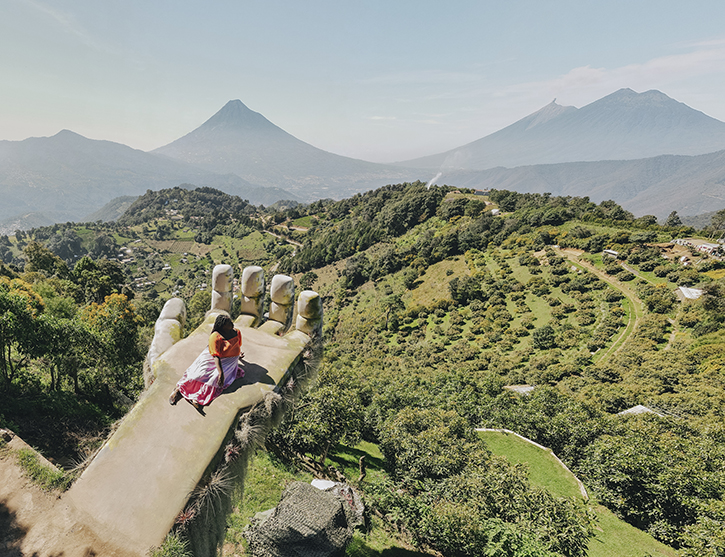
Despite her negative experience, Abigail says she will continue working with tourism boards. However, the ordeal has helped her make some changes in the way she operates when working with them. For one, she has created a new line of questioning to utilize before leaving on a trip.
Her experience has also served as a catalyst to help her redefine her standards on what she will and will not accept when collaborating with organizations. By going public with her story and shedding light on the treatment she received in the Seychelles, she hopes to spark change in the ways in how tourism boards and content creators communicate.
“There needs to be clear communication when dealing with a process as delicate as travel. With so many moving parts negligence cannot be the answer.”

Related: Traveling While Black: These Influencers Discuss Changes They Want To See In The Industry
